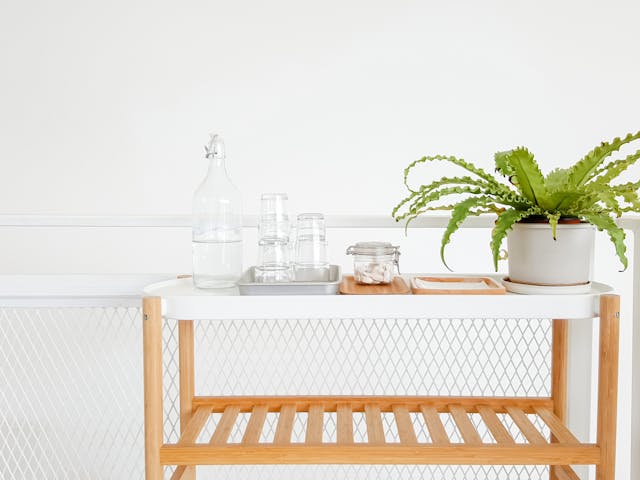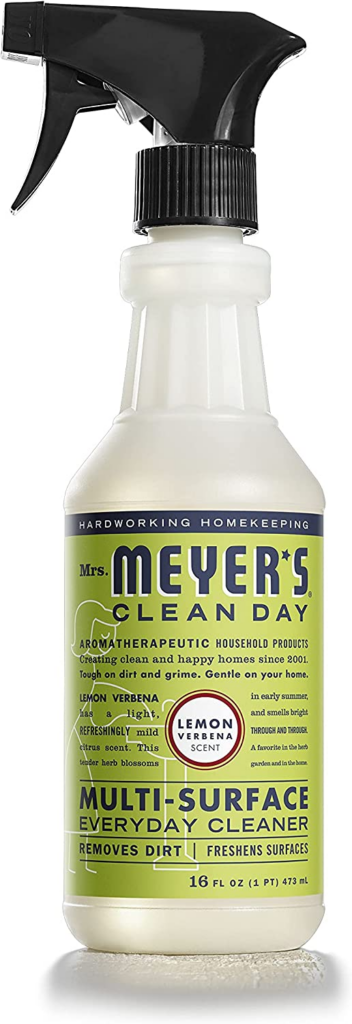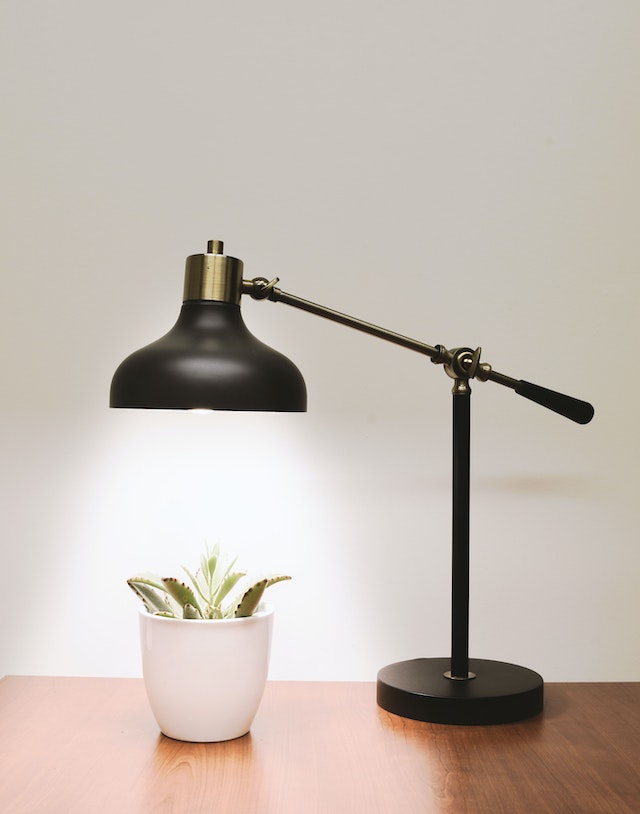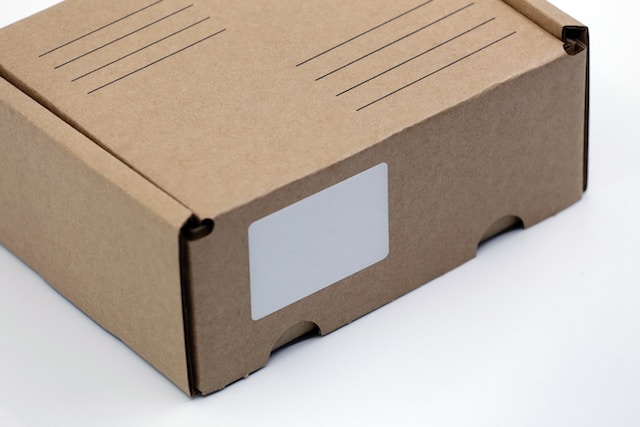

In today’s fast-paced world, finding ways to save money without compromising on quality is a win-win situation. One area where we can be resourceful and cut back on expenses is our household necessities. From personal hygiene to cleaning supplies, there are numerous cost-effective alternatives that can help us maintain a frugal yet comfortable lifestyle. In this blog post, we’ll explore some clever and money-saving options to replace everyday household necessities without breaking the bank.
Toilet paper is an essential item in every household, but it doesn’t have to be limited to the bathroom. Instead of purchasing separate facial tissues, consider using toilet paper for gentle nose blowing or wiping away tears. High-quality toilet paper is designed to be soft and strong, making it an economical and effective substitute for tissues.

Cleaning products can quickly add up in cost, but there’s a budget-friendly solution – multipurpose cleaners. Instead of buying specialized cleaning agents for different surfaces, opt for all-purpose cleaning solutions that can be used throughout your home. You can even make your own natural cleaners using ingredients like vinegar, baking soda, and lemon, which are not only cost-effective but also environmentally friendly.

DIY Air Fresheners
Commercial air fresheners can be quite expensive, and some even contain harsh chemicals. Instead, create your own air fresheners using simple ingredients like essential oils, baking soda, and water. Place these homemade air fresheners in small containers or use natural potpourri to keep your home smelling fresh and inviting without breaking the bank.

LED Bulbs for Energy Efficiency
Energy-efficient LED bulbs might have a slightly higher upfront cost compared to traditional incandescent bulbs, but they last much longer and consume significantly less energy. LED bulbs can save you money on your electricity bill and reduce the frequency of bulb replacements, making them a cost-effective choice for your lighting needs.

Before discarding glass jars, plastic containers, or cardboard boxes, consider repurposing them for storage or organization around the house. These can be useful for storing pantry items, craft supplies, or even small household tools. By reusing packaging, you’ll save money and reduce waste.

In conclusion, being mindful of cost-effective alternatives for household necessities can lead to significant savings without sacrificing quality or comfort. Embrace your creativity and resourcefulness to make smarter choices for a more financially savvy and eco-friendly household. By adopting these practical changes, you can achieve a more sustainable and budget-conscious lifestyle.


